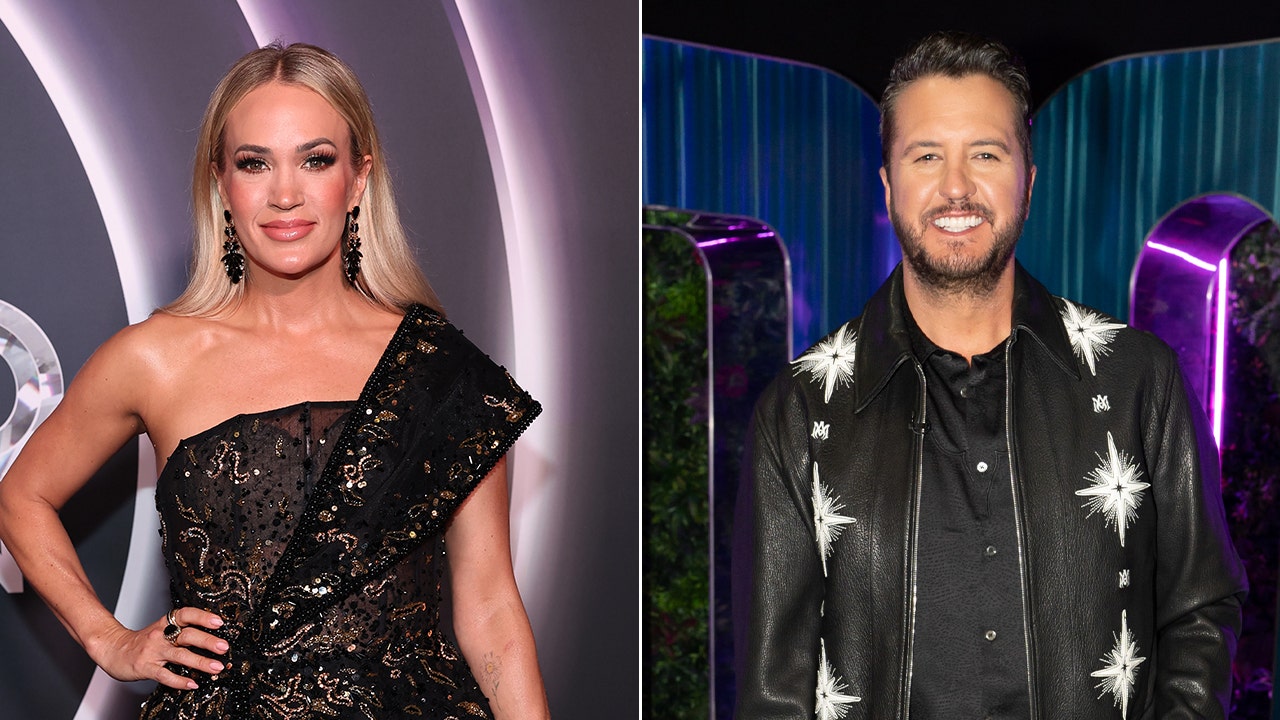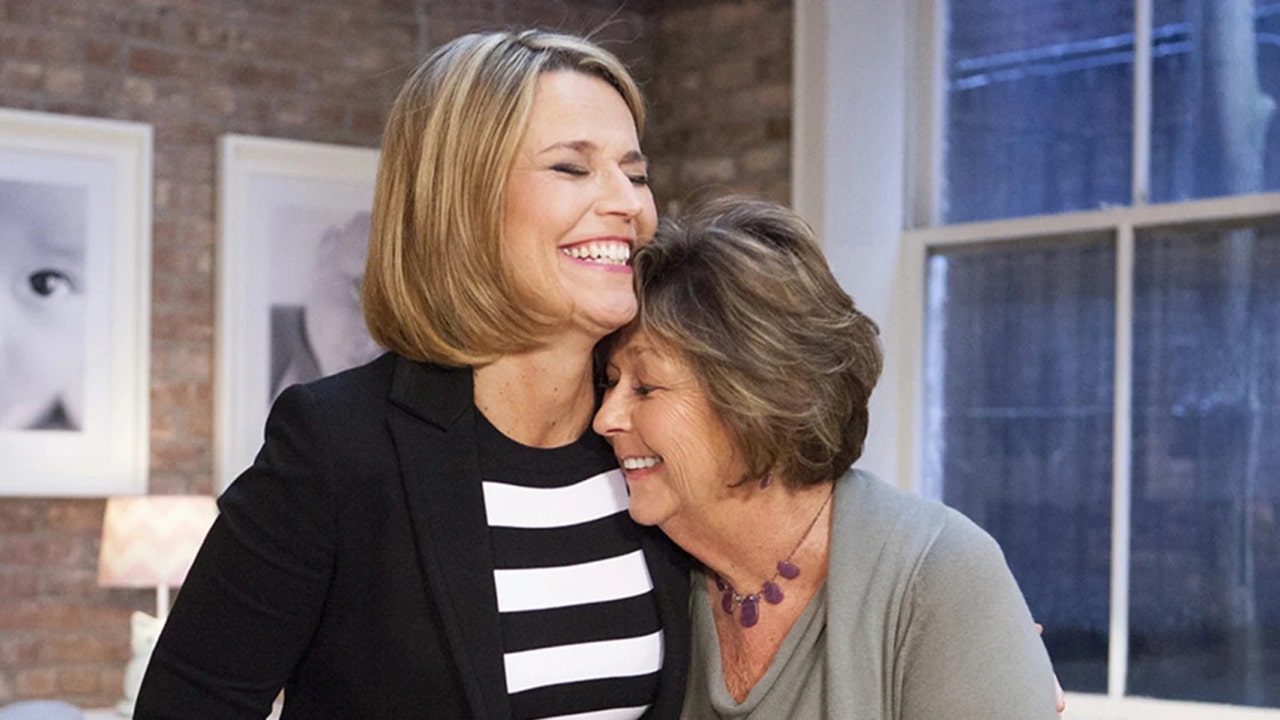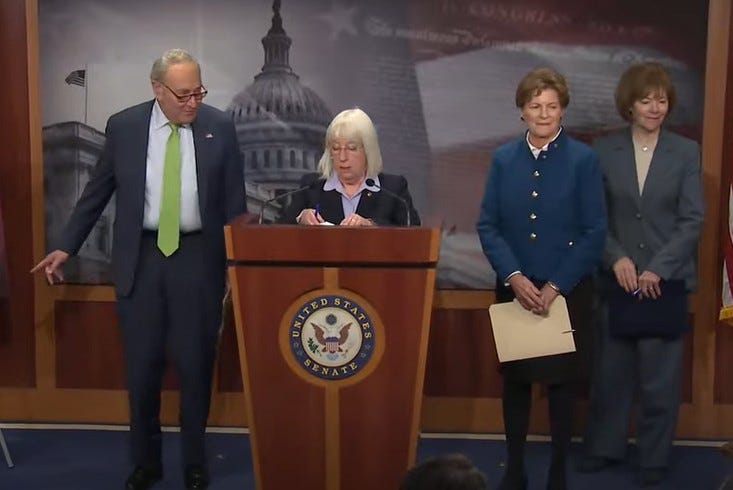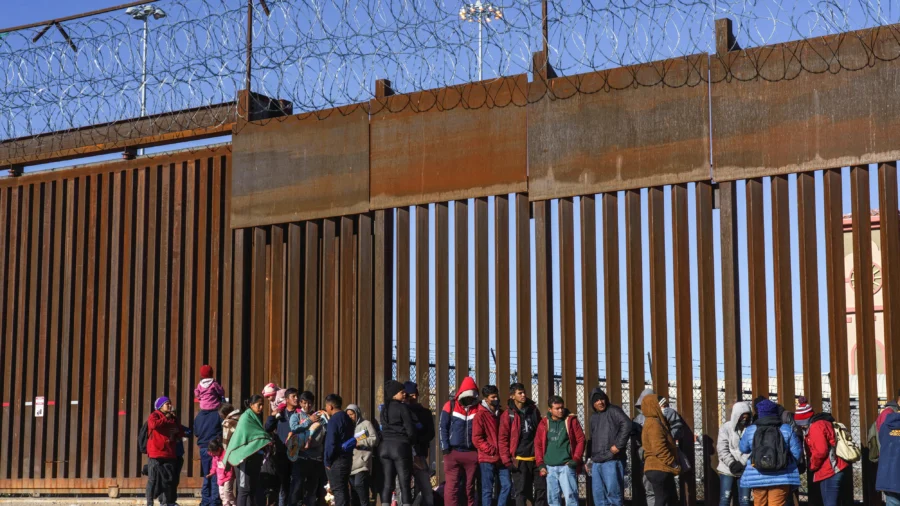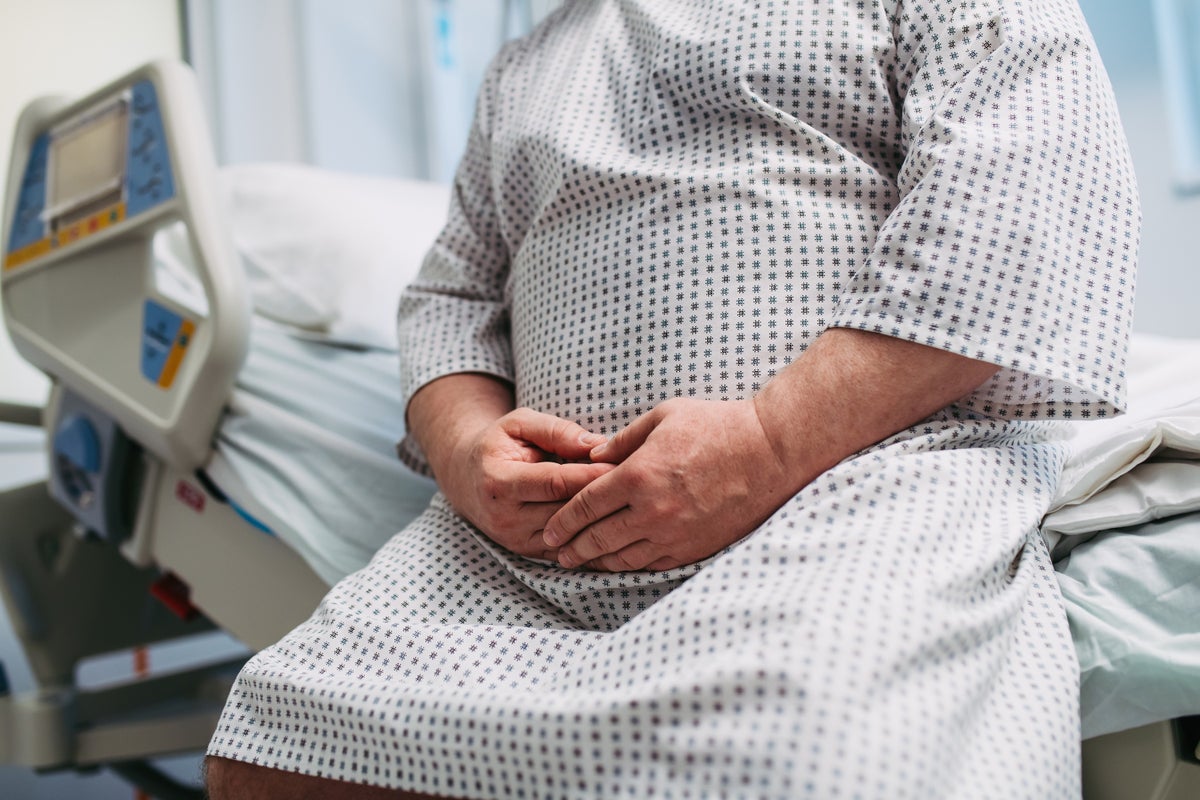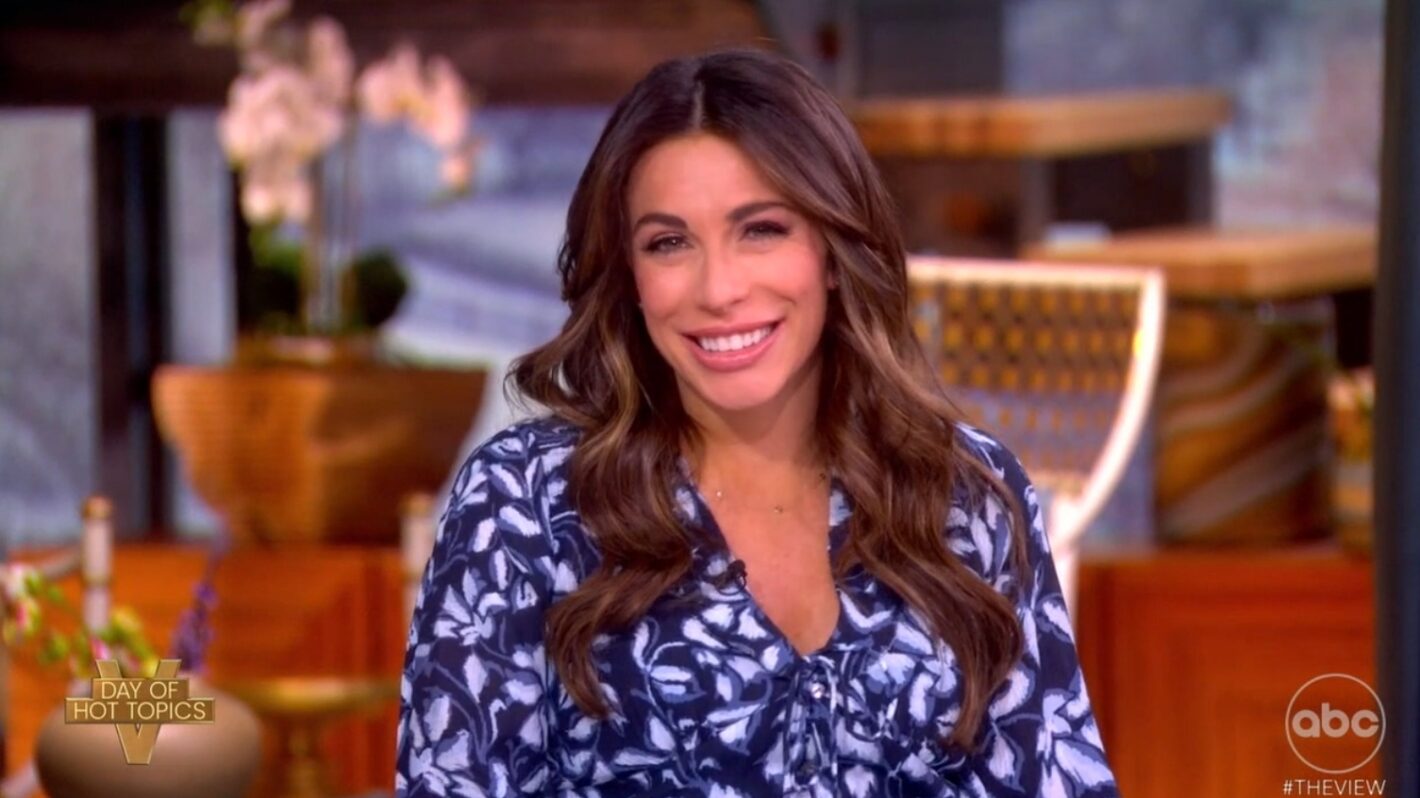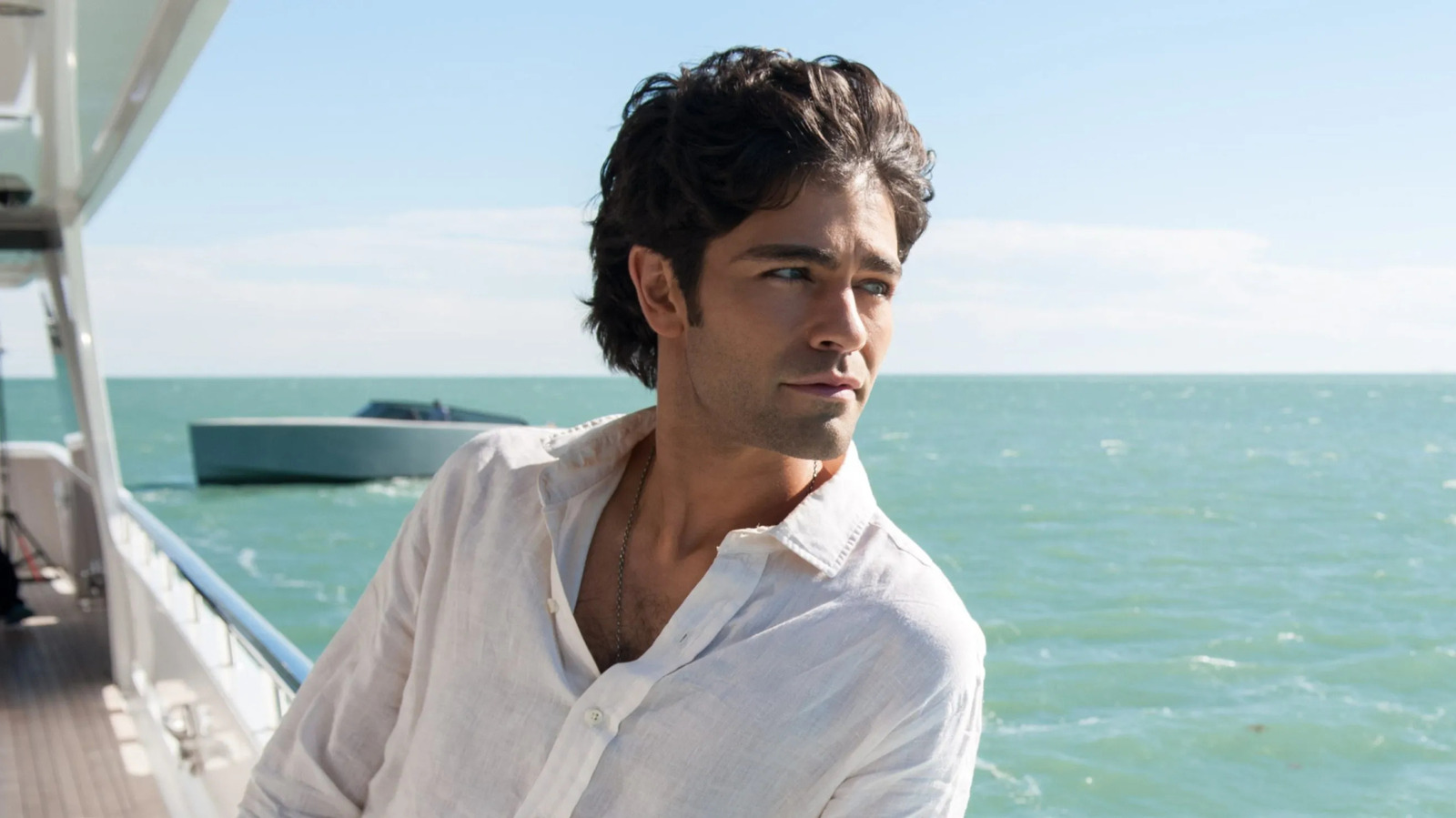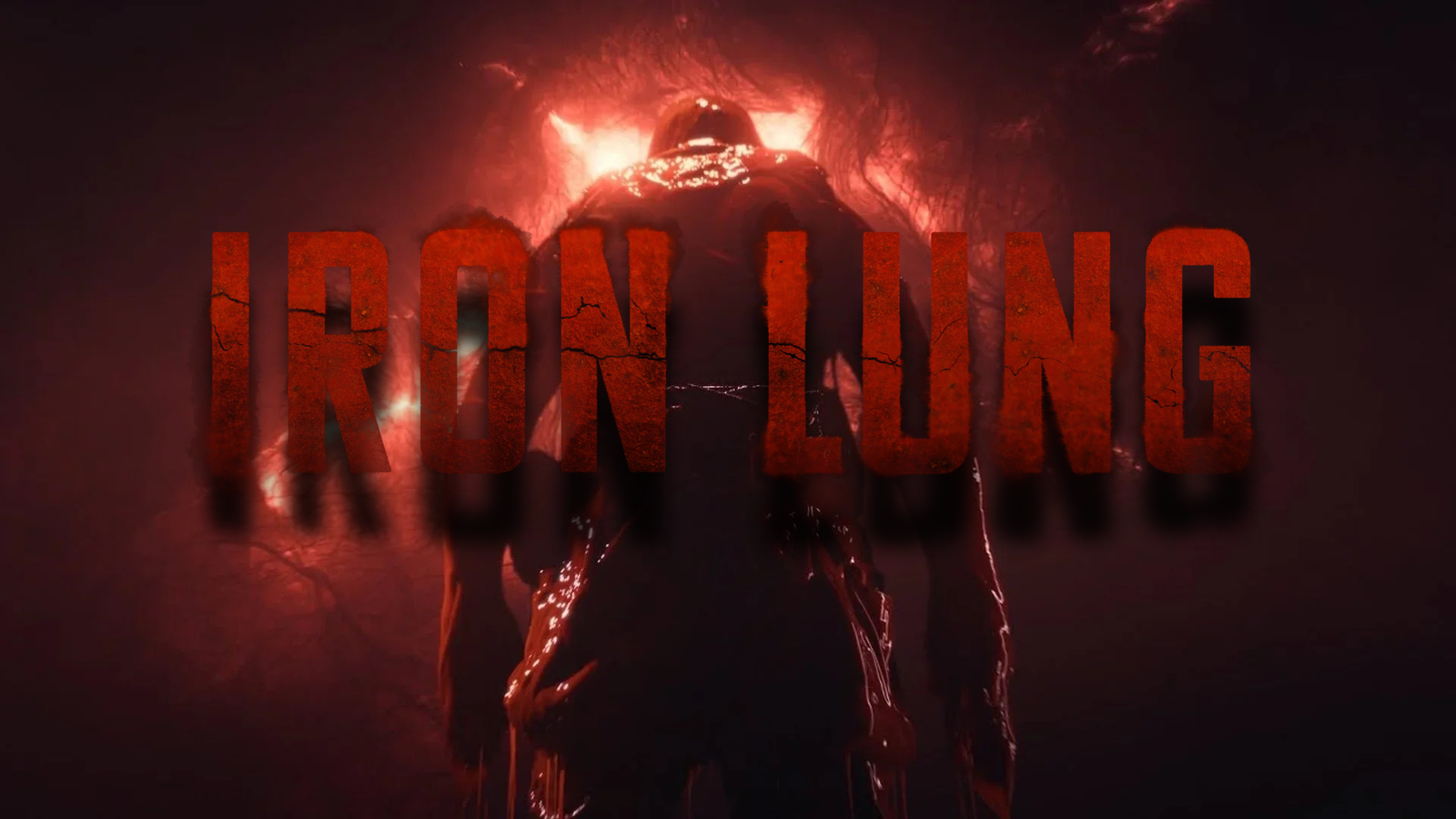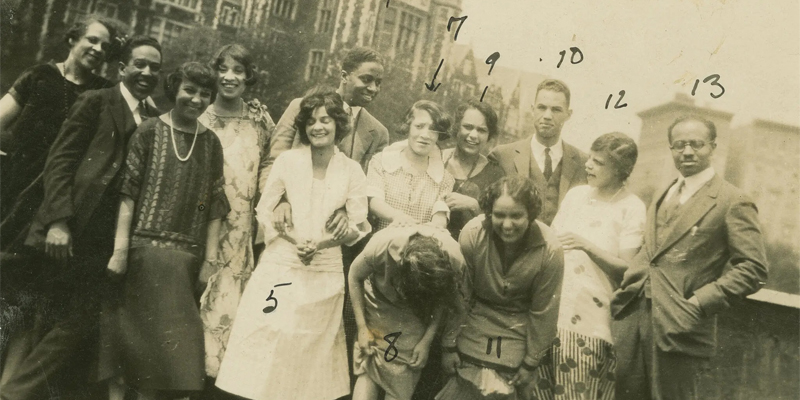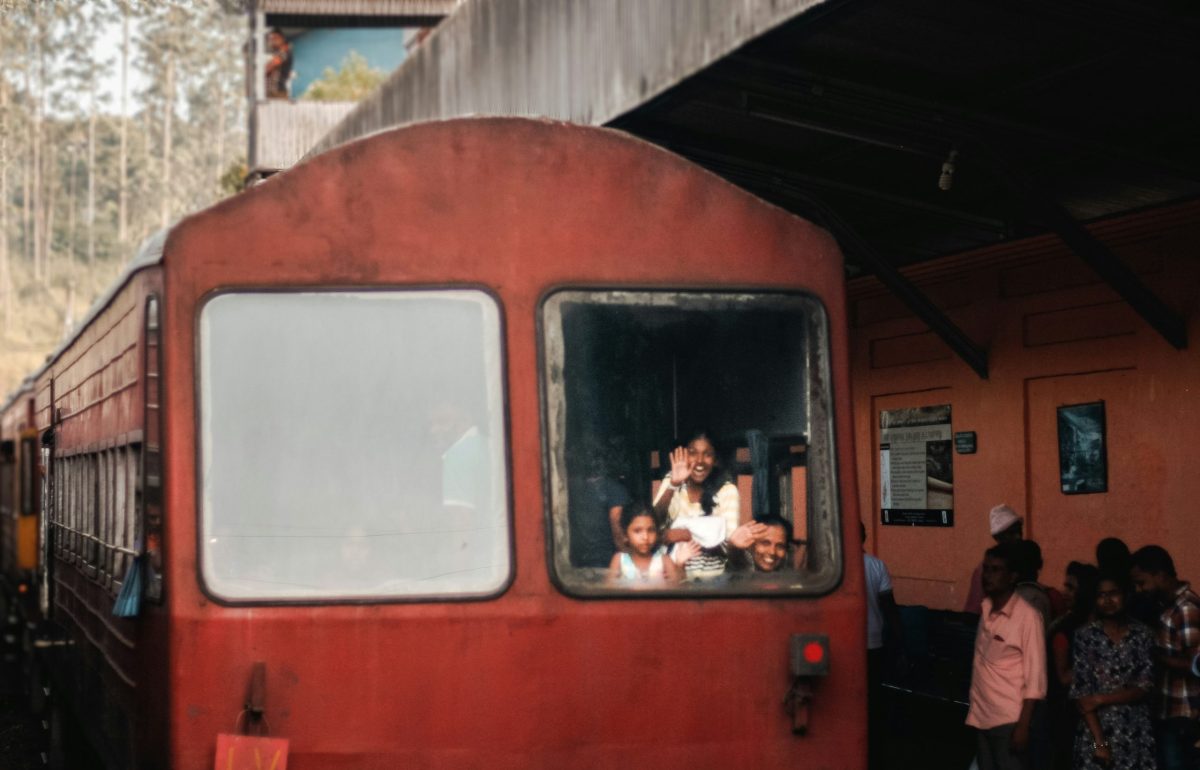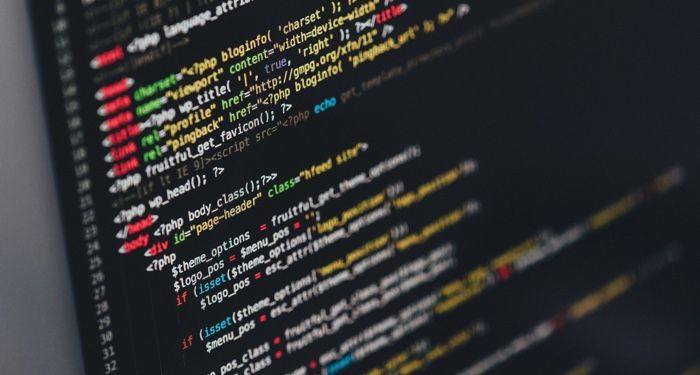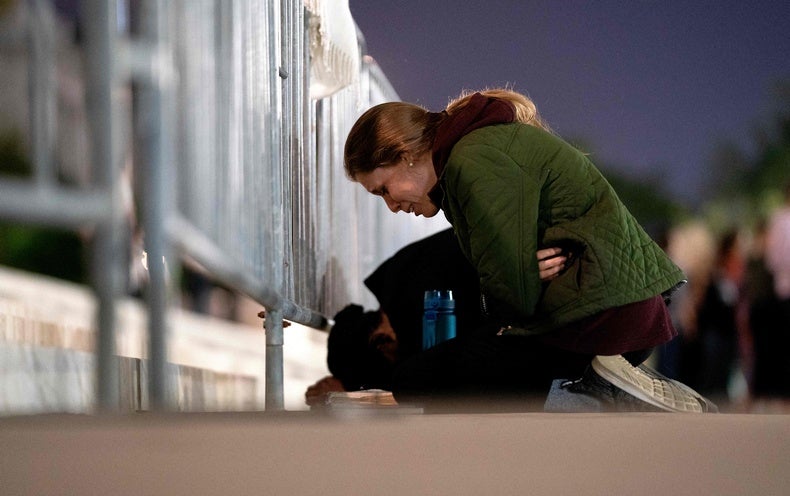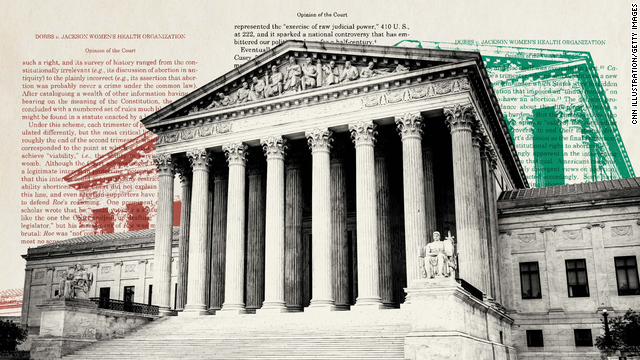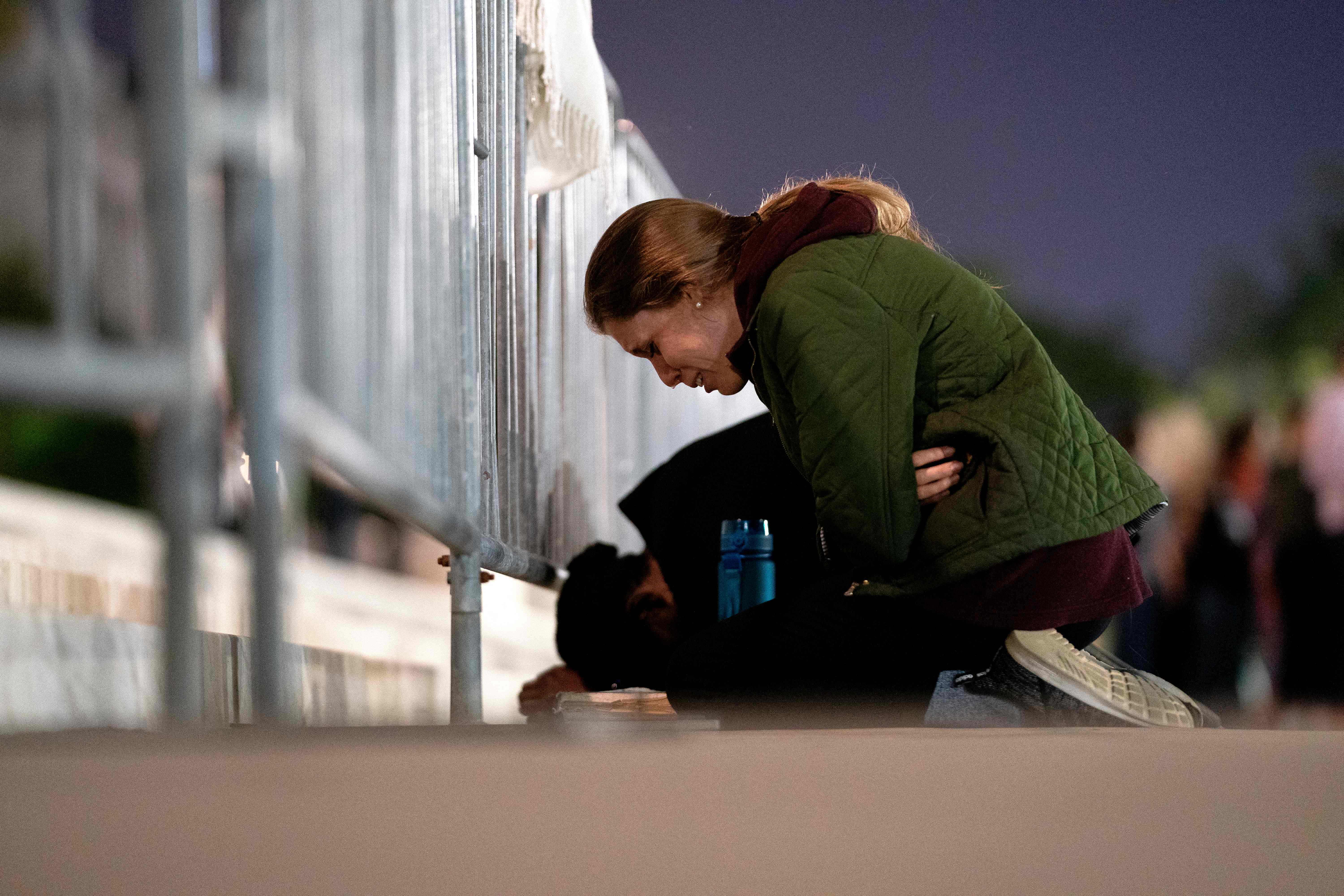
Editor’s Note (6/24/22): This article is being republished in light of the Supreme Court’s decision in Dobbs v. Jackson Women’s Health Organization, which overturns the landmark Roe v. Wade ruling that guaranteed the right to an abortion.
A leaked draft of a Supreme Court opinion suggests the nation’s highest court is poised to overturn Roe v. Wade, the landmark ruling that guarantees the right to an abortion. The opinion was first reported by Politico. If it is officially issued later this year, nearly half of U.S. states will likely pass laws—or enforce existing ones—greatly restricting access to the procedure. One of the most comprehensive studies conducted to date shows that those who are denied an abortion—and thus forced to go through with an unwanted pregnancy—experience lasting impacts to their health, well-being and finances.
A Supreme Court opinion along these lines has been expected, but the news nonetheless startled researchers who study reproductive rights. “The callousness of the decision is shocking,” says Diana Greene Foster, a professor of obstetrics, gynecology and reproductive sciences at the University of California, San Francisco.
Foster led the well-known Turnaway Study, a large and comprehensive investigation comparing women who received an abortion with women who were just past the legal gestational cutoff and were denied one. The study found that women denied the procedure were more likely to experience negative health impacts—including worse mental health—than women who received one. The former were also more likely to face worse financial outcomes, including poor credit, debt and bankruptcy. (The study did not include pregnant people who did not identify as women.)
Scientific American spoke to Foster about the Turnaway Study’s findings and how a Supreme Court opinion overturning Roe would likely impact people seeking abortions in this country.
[An edited transcript of the interview follows.]
What is your reaction to the leaked draft opinion that suggests Roe will be overturned?
This is the decision that I was anticipating because the abortion opinions of the justices are pretty well known. But the fact that it’s leaked is shocking, unprecedented. And the callousness of the decision is kind of shocking, too—you know, the idea that the Constitution doesn’t protect people’s decision-making around something so fundamental as childbearing, when it has such huge impacts on their health and their ability to support themselves and their children.
And the idea that [Roe v. Wade] might have been wrongly decided—and how we would know that is that there is division within our country—that’s not the principles of our Constitution. It’s not about the division of our country; it’s about the well-being of individuals. And so it’s just the wrong motives.
Can you describe the Turnaway Study and what its main findings were?
The Turnaway Study followed people who sought abortions—some who got their wanted abortion and some who were too far along and were denied. It looked at “What is the impact of having access to abortion on people’s health and well-being?” And what we see is very large health burdens, greater health risks for people who carry pregnancies to term. That’s consistent with the medical literature. We see greater complications from childbirth than from abortion, and in fact, two women in the study died after giving birth.
In what other ways did being denied an abortion impact women and families?
We see economic hardship for people who had a child before they were ready, and we measure that through self-reported living in poverty—their income relative to household size—and we can also see it when we look at their credit reports. We can see that people who sought abortions had the same credit scores prior to the pregnancy, and after one group gave birth…, you can see in their credit records, you can see in their public financial records, that the group denied abortions experienced greater bankruptcies, evictions and debt than other people who received their wanted abortion.
We actually see more economic hardship for children, too. Often people say their reason for getting an abortion is to take care of the kids they already have. And [among those who are denied an abortion] we see those existing children are more likely to live in poverty, less likely to achieve developmental milestones than the children whose mothers were able to get an abortion.
People often think that those seeking an abortion don’t want to have kids at all. Is that true?
Many people who have abortions want to have children later, under better circumstances. And when they do—when they go and get an abortion and then go on and have a baby—we see those babies do better than children born because their mom was denied an abortion, in terms of the mom’s emotional bond with the child, the kids’ economic well-being, the chance that they live in a house with just enough money to pay for food and health.
Are the people impacted by restrictive abortion laws disproportionately people of lower socioeconomic status?
Yes.
Do you think the Supreme Court has ignored the science and the research on abortion?
I don’t know that. I do know that when the case was heard, Supreme Court Justice John Roberts explicitly said, “[Put the] data aside.” So that is not a good sign for him ruling on anything but ideological grounds—to not actually look at the evidence about how this affects families and decide just to do this on political or religious grounds.
Have any amicus briefs in the current Supreme Court case, Dobbs v. Jackson Women’s Health Organization, cited your research?
We have one amicus brief by social scientists. And there are two others that heavily cite my work—one by public health researchers and one by economists. And there’s a whole amicus brief by the other side that is … just an attempt to take down the Turnaway Study, but their criticisms are almost absurd.
They don’t understand that, you know, people having unintended pregnancies, how common it is and the circumstances.
Some studies looking at the effects of getting an abortion have compared people who had a child they wanted with those who sought an abortion. Is that a false comparison?
The people who wanted their child had better outcomes going in. It’s not different people; it’s people at different points—the same people under different circumstances. If you give someone a wanted abortion, they can later be the kind of person who can have a kid under circumstances that they do want. It’s not that they’re different people having kids; it’s that people have to be able to have kids when they’re ready.
There is a paper that actually compares outcomes for people who were forced to carry their pregnancy to term with the people who got an abortion and were able to have kids later on. Not all those subsequent pregnancies were planned in advance. Most of them weren’t. But the person decided to carry that pregnancy to term, and the economic outcomes were better for that child, and the emotional outcomes were better as well.
In your study, did the women who were denied legal abortions try to get them anyway?
In our study, they didn’t, mostly. They either traveled vast distances and got an abortion somewhere else, or they had a baby. But the vast majority of them had the baby because there were very few places that would do abortions.
Based on your research, what impact will this Supreme Court ruling have on pregnant people seeking abortions?
For people who are unable to get their abortion because the Supreme Court just lets states ban abortions, we’re going to see worse physical health, greater economic hardship, lower achievement of aspirational plans, kids raised in more precarious economic circumstances, and people’s lives upended.


